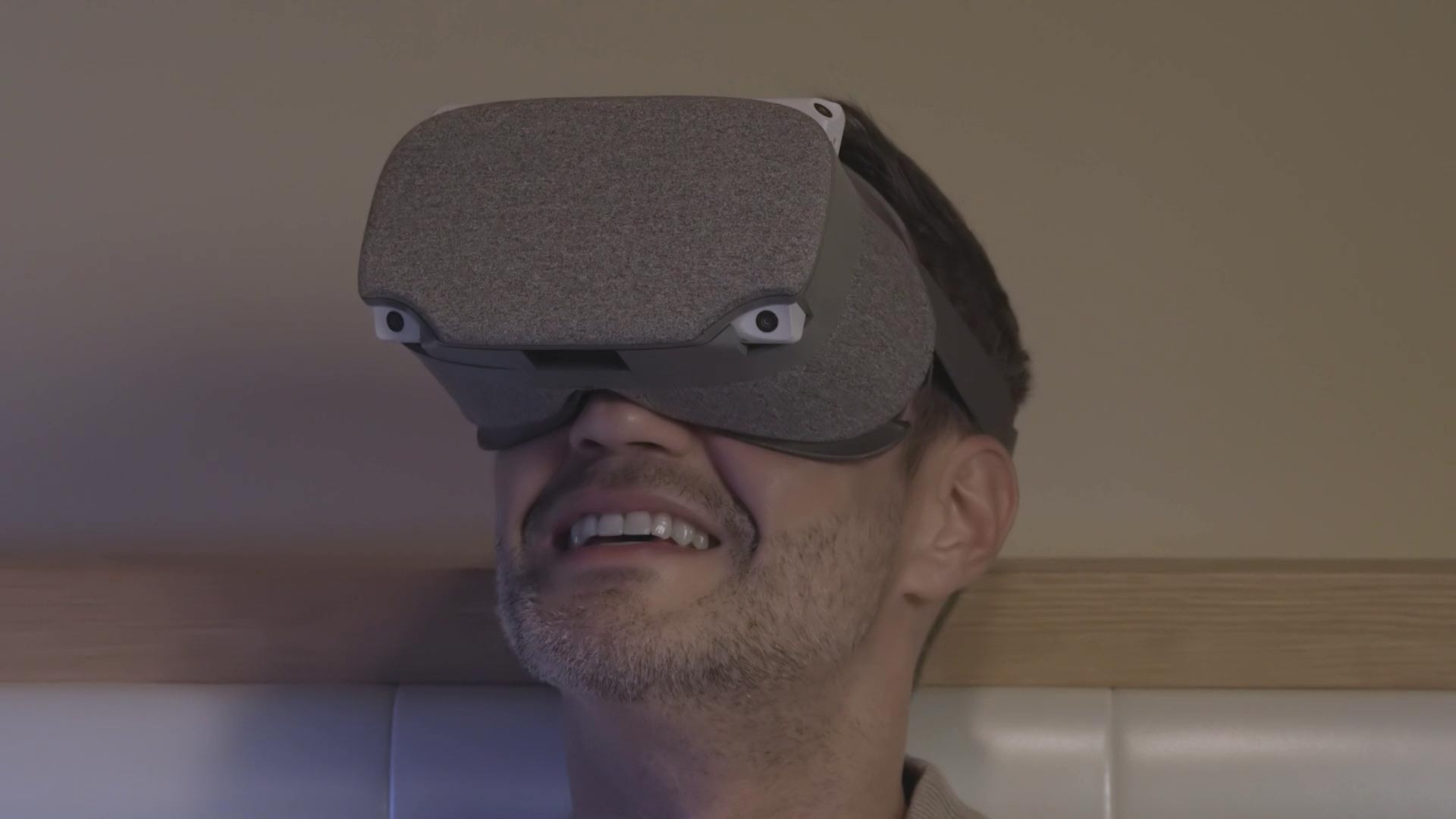Pimax announced that Portal, its hybrid VR headset based on a Nintendo Switch-style console, is almost ready for launch, as the company prepares to ship to all Kickstarter backers in April 2023.
Over the years, the Beijing-based company has been known for its wide field-of-view (FOV) PC VR headsets which include large, high-resolution displays and wide FOV optics, making Pimax one of the few to offer such devices directly to consumers. With the announcement of Portal and standalone headset Pimax Crystal, the company seems to be striking out in a new direction from its PC VR roots though.
As a hybrid device, Portal works as both a Nintendo Switch-style handheld (running Android), and a Samsung Gear VR-style headset which uses a dedicated VR shell housing and Switch-style controllers, which snap into their own bespoke housing.
While strapping an Android device into a headset shell is decidedly a throwback concept, Portal managed to attract over $350,000 from backers in the device’s 2022 Kickstarter campaign. Putting Gear VR comparisons aside, the device is being couched as a jack of all trades, as it’s set to offer both 6DOF head and controller tracking for VR gameplay on top of acting as both a handheld console and living room entertainment hub.
In a fresh status update, Pimax says it’s now finalized Portal’s hardware, with mass production set to start. Admittedly, Pimax says it’s currently optimizing the software for Portal, with heat dissipation, power consumption, and controller connection marked as areas in need of improvement. This also includes what it calls “rare” tracking issues and SDK-related game porting issues.
By the end of May, Pimax says it will have “more than 20 VR games” available for the Portal VR mode. Furthermore, Pimax says the QLED version of Portal will support native PC VR via HDMI, while other versions will support streaming PC VR content via WiFi e6 and USB-C.
This comes on the heels of the news last month that Pimax had secured a $30 million series C1 financing round, something the company says will aid in the rollout of both Portal and Crystal headsets.
,
